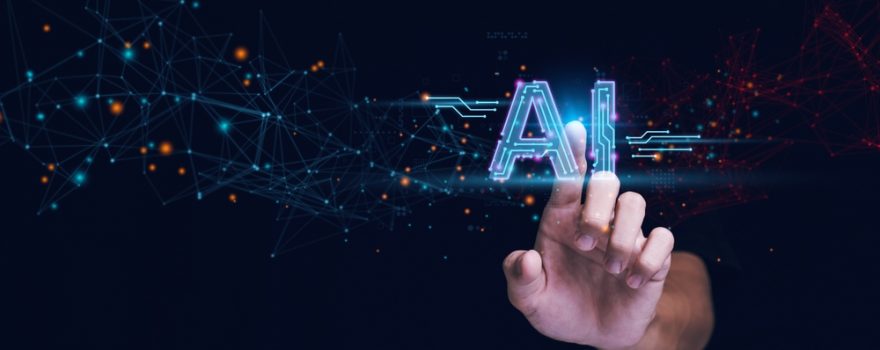
The “Godfather of Artificial Intelligence,” Geoffrey Hinton, believes that the introduction of a universal basic income (UBI) could address the potential job shortages caused by the rapid development of AI.
Geoffrey Hinton told the BBC he was “very concerned that a lot of simple jobs will be taken over by artificial intelligence.” “I was consulted by people from Downing Street. I advised them that universal basic income was a good idea,” he said.
Universal basic income refers to regular equal payments to all citizens of the country, regardless of their income, social status, age, or work, without any reciprocal obligations on their part. This concept has gained traction in recent years as a potential solution to economic disparities and job displacement.
Some U.S. cities and states have experimented with implementing a guaranteed basic income, but for certain categories. These experiments aim to understand the impact of UBI on communities and individuals, especially in the context of job automation and AI advancements.
According to Hinton, artificial intelligence will improve productivity and increase revenue. But unless the government intervenes, it will only make the rich richer. And it will put the poor out of work.
Hinton advocates a more cautious approach to artificial intelligence development and says artificial intelligence could become an “extinction threat” for humans in five to 20 years. His warning underscores the urgency of considering social and economic measures to mitigate the risks associated with AI.
It’s also worth noting that OpenAI CEO Sam Altman is running his own experiment on a universal basic income, the results of which he expects to publish soon. He also recently put forward the idea of “universal core computing.” Instead of receiving cash, everyone could get a piece of a future large language model (LLM) like GPT-7. This innovative proposal aims to distribute the benefits of advanced AI technologies more equitably among the population.
Let us remember that before this, Geoffrey Hinton announced that he was leaving Google. He cited his concern that AI would cause a lot of harm as the reason for his departure. His decision reflects a growing unease among AI researchers about the ethical implications and potential societal impacts of their work.
For more details, you can read the full report on Business Insider.

 Get in Touch
Get in Touch 


